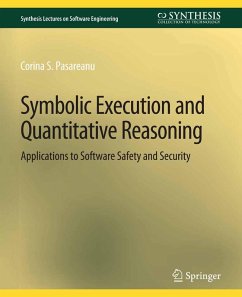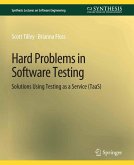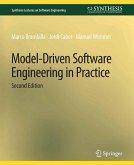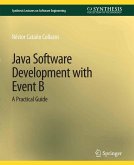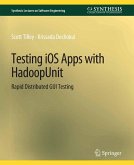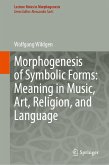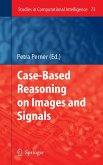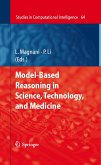Furthermore, symbolic execution has been recently extended with probabilistic reasoning, allowing one to reason about quantitative properties of software systems. The approach computes the conditions to reach target program events of interest and uses model counting to quantify the fraction of the input domain satisfying these conditions thus computing the probability of event occurrence. This probabilistic information can be used for example to compute the reliability of an aircraft controller under different wind conditions (modeled probabilistically) or to quantify the leakage of sensitive data in a software system, using information theory metrics such as Shannon entropy.
This book is intended for students and software engineers who are interested in advanced techniques for testing and verifying software systems.
Dieser Download kann aus rechtlichen Gründen nur mit Rechnungsadresse in A, B, BG, CY, CZ, D, DK, EW, E, FIN, F, GR, HR, H, IRL, I, LT, L, LR, M, NL, PL, P, R, S, SLO, SK ausgeliefert werden.

